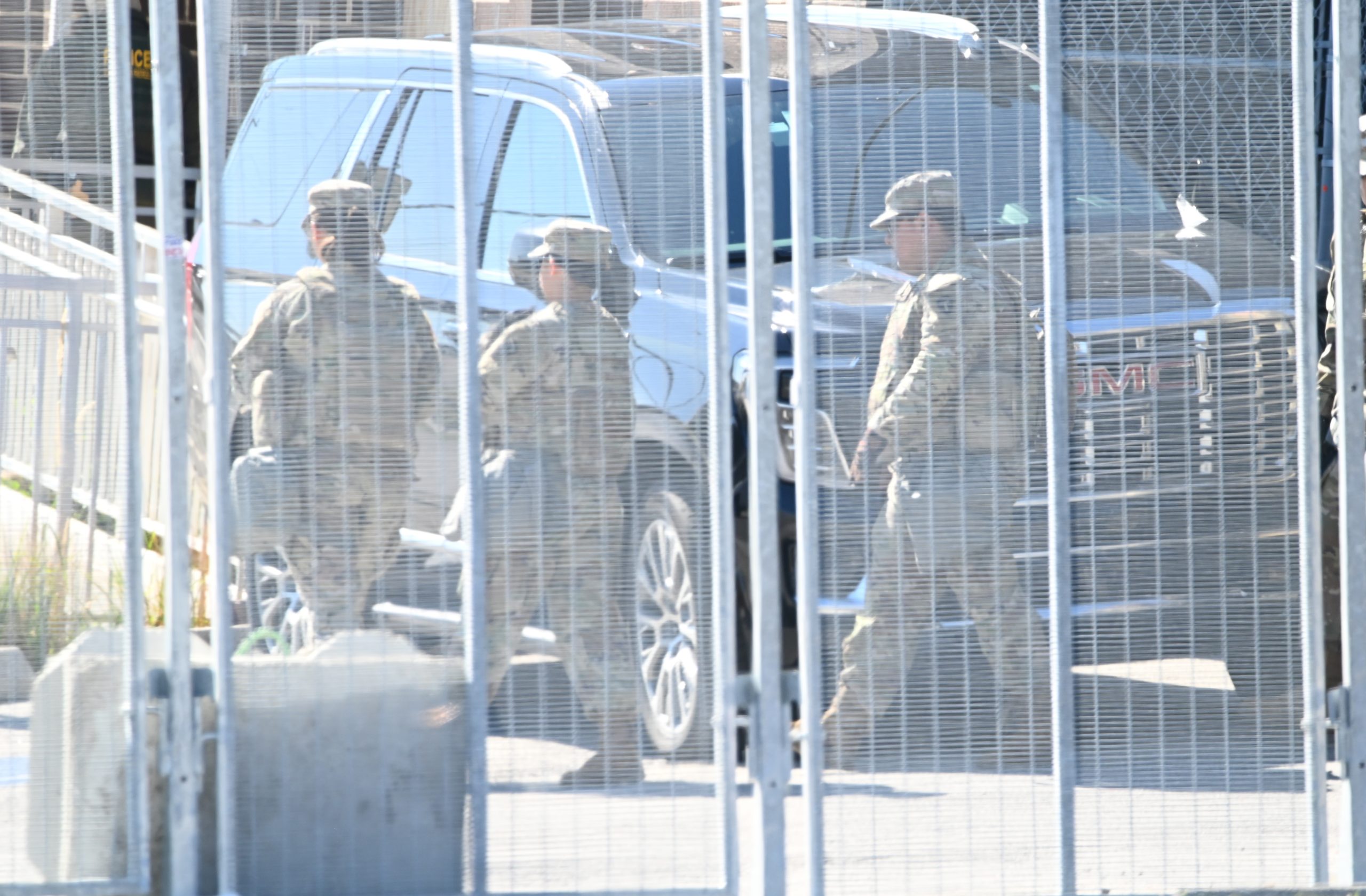Supreme Court to Rule on Presidential Power to Deploy Troops Domestically
The Supreme Court is poised to deliver a landmark ruling in
Trump v. Illinois
, a case that could significantly curtail presidential power regarding the deployment of National Guard troops within U.S. borders. The case stems from former President Trump’s 2020 decision to send National Guard personnel to an immigration facility in Broadview, Illinois, to quell a relatively small protest. The legal challenge to this action has escalated to the highest court, raising critical questions about the scope of executive authority and the limits placed on the president’s ability to use the military for domestic law enforcement.
Lower Courts Reject Trump’s Argument
The initial legal battles saw two lower courts rule against the Trump administration, finding the deployment unlawful. The courts argued that the president’s actions exceeded his constitutional authority and potentially violated the Posse Comitatus Act, which generally prohibits the use of the U.S. military for domestic law enforcement purposes. Trump’s legal team appealed to the Supreme Court, hoping to leverage the court’s conservative majority to overturn the lower court rulings.
Supreme Court Skepticism and Potential Implications
However, the Supreme Court’s initial response has been unexpectedly cautious. In an unusual move, the Court signaled its skepticism towards many of the legal arguments presented by Trump’s lawyers. They even requested additional briefing on a specific legal question that neither party had originally raised, suggesting a deeper concern about the constitutional implications of the case.
This case highlights the delicate balance between presidential power and the protection of civil liberties. A ruling in favor of Illinois would significantly limit the president’s ability to deploy troops for domestic purposes, reinforcing the principle of civilian control over the military and safeguarding against potential abuses of power. Conversely, a ruling in favor of Trump could embolden future presidents to use the military more freely within the U.S., potentially chilling free speech and the right to protest. The court’s decision will have lasting implications for the relationship between the executive branch and the military, as well as for the rights of American citizens to peacefully assemble and protest government policies.
A Ruling That Could Reshape Executive Power
Regardless of the outcome,
Trump v. Illinois
serves as a crucial reminder of the importance of checks and balances in a democratic society. The Supreme Court’s decision will not only determine the legality of Trump’s specific actions but also set a precedent for future presidential administrations, shaping the boundaries of executive power and the role of the military in domestic affairs for years to come. The American public awaits the ruling with bated breath, understanding the profound implications it holds for the future of civil liberties and the balance of power in the United States.
Based on materials: Vox





